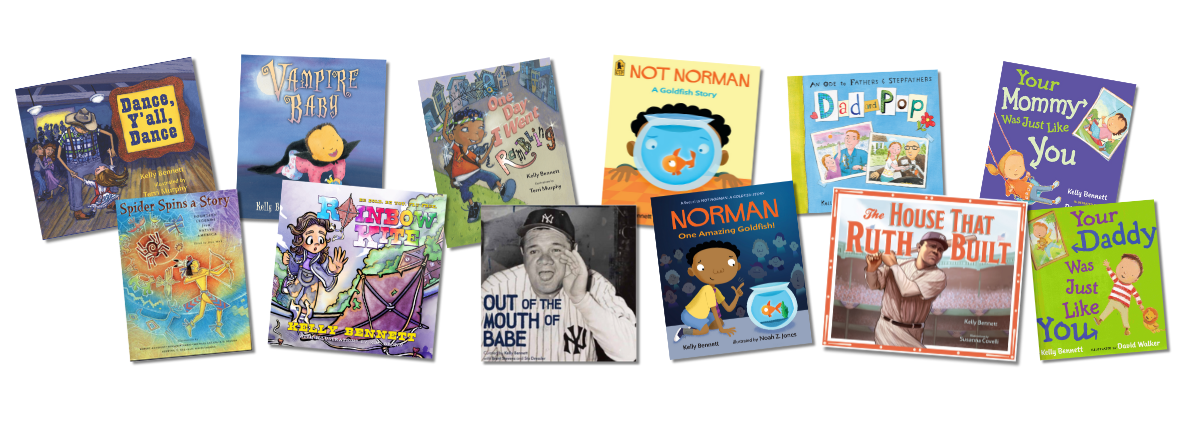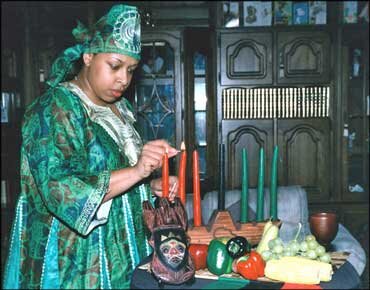Poetry Challenge #119-Iridescence of Lights
“Tis the hap-happiest season of all,” the song goes.
converge, we are smack dab in the midst of the festivities. One way these holidays are celebrated is with lights! Lights! Lights! Lights!
Poetry Challenge #119
Iridescence of Lights
In celebration of the holidays, write an acrostic poem about your holiday traditions. An acrostic poem uses the letter of a topic word or words to create a poem.
1. Write the word “Light” (or another holiday-related word) vertically down the length of a page.
2. For each letter, write a related word or idea beginning with that letter extending out horizontally.
3. Take a few moments to refine your poem. Try adding or changing some words to add interest, rhythm or rhyme to your poem.
4. Select your favorite word or image to be the title of your poem.
Below is my effort entitled (predictably) LIGHTS!
“LIGHTS!
Luminous
Iridescent rainbow
Glimmering strands of
Holiday magic
Twinkling
Stars show the way home”
Set your timer for 7 minutes
Don’t think about it too much; just do it!
Start writing!
Cindy Faughnan and I began this 7-Minute Poetry Challenge over 1300 days ago. We now take turns creating our own prompts to share with you. (This one is Cindy’s.) If you join us in the 7-Minute Poetry Challenge, let us know by posting the title, a note, or if you want, the whole poem in the comments.
Click on Fishbowl link below and sign up to receive email notifications from Kelly's blog (aka The Fishbowl):
SUBSCRIBE TO THE FISHBOWL
Saying Yes!--BWA Chorus
It's surprising the places saying "yes" to a friend takes you. Yesterday afternoon, I ventured out in the midst of a thunderous tropical storm because of one such "yes." Some moist minutes later, I found myself sitting in a circle of women with a music folder on my lap singing Christmas carols in preparation for the British Women Association's (BWA) Christmas Luncheon. The BWA Christmas Luncheon is a festive gala and fundraiser-a high point of the holiday season. Each table is assigned a name and attendees decorate their tables and themselves in keeping with their names. Table names range from Santas and Elves to Fruitcakes and Crackers (crackers being party poppers not saltines-think British). A prize is awarded to the Best Decorated table.
For a few years I have been a member of the bawdy "American Table," as we are called, although our group has a more International flavor than the title indicates, including representatives from Australia, South Africa, Holland, Transylvania, Texas (a country unto itself), New Zealand and the US. The unofficial "bawdy" in our title is the one constant (and no doubt why we are called the "American Table" in contrast to the demure and understated "British Tables.")
One year ours was assigned the title "Angel" table. We dressed as angels, decorated our table with clouds of fluff, sparkles, heaven-sent silver-wrapped chocolates, buckets overflowing with bubbles and billowing smoke, and flew away with the grand prize. Last year ours was the "Bell" table-quickly changed to "Silver Belles." The eleven of us arrived as Hand Bell Choir dressed in black tops, matching silver hoop skirts, red sashes and bell earrings. Bells jingled from our skirts and jangled on our wrists and ankles. We decorated our table with a red runners and gaudy silver papier-mâché bell-shaped bottle covers concealing spirits and juice. We took the grand prize, again (our closest competition being the Gifts who had tied packages onto their heads like hats). We celebrated our victory as any true Hand Bell Choir would, with an rendition of "Silver Bells" to the accompaniment of our swaying/playing belle skirts. While our performance elicited mixed reviews: applause and hoots, high-nosed "those Americans," glowers and head-shaking, I have a suspicion it also planted a seed...
For this year's luncheon, the BWA has decided to add Christmas Carols to the Christmas Luncheon festivities. They are putting together a choir for the occasion. My sweet friend Barbara had been recruited to play piano and asked me to join her. After the unsolicited spectacle I had made of myself last year, everyone knew I could sing (loudly and off-key, but with enthusiasm), and that I knew the words (or made them up). How could I say no?

About ten ladies were already assembled when I arrived at the BWA house for the first official choir practice, yesterday. I knew most of the ladies. But even those I didn't seemed to know me. (A reputation had preceded me, but which one? I wondered.) One woman stood when I entered and came forward, offering a wide smile and ebullient "You must be Kelly!" She turned out to be Diane, the choir director.
After giving everyone a chance to "settle in and get acquainted" Diane corralled us into a half-circle around the piano. "We'll begin with a few easy songs to limber up our voices and bring us at ease," Diane said, passing out song books.A few bars into Hark the Herald Angels Sing, Diane stopped us. "I want to tell you right now." She paused, looking around. "You all are capable of doing much, much more than you think you are. I am hearing some interesting things." (What did interesting mean? )
After warm-ups, Diane passed around the official songbooks and pencils and began directing us to make musical notations on our music. "The little seven with a dot is a rest," she instructed, "circle those." Pf meant something fortissimo, mm something else, mp or pp or p each mean softer or softer still or even softer-or something else. I glared at Barbara's back. She misled me. This wasn't a going to be the casual fa-la-la sing-along around the tree, this was a real choir-as in Vienna Boys'-with altos and sopranos, two-part and three-part harmony and notations called fortissimo and something-crotchets. "Is something-crotchet a real music term?" I asked Elsa, the girl next to me. She smiled, thinking I was making a joke. As if...
Being the only non-Brit in a British choir (Aside from Barbara, a Javanese married to a scot and to a Brit by marriage, who I wasn't counting since she was at the piano) is not easy. Even if I could read music and did know how to sing properly, it wouldn't have been easy. The lyrics change from one side of the pond to the other. Who knew "bring us some figgie pudding," is part of the real lyrics in We Wish You A Merry Christmas? And while lyrics can be read, pronunciation has to learned and remembered. Flat or not, when most of the group is singing "bean" and one lone voice belts out "Ben" it's bad. (How do Brits pronounce womb, anyway?)

As rehearsal progressed, Diane stopped us from time to time with suggestions and encouragement: "I'm hearing some interesting things!" "try to keep to just one line, top or bottom whichever you think, but only the one-you may have to follow it with your finger" "want to have a go at adding a top?" (Top what?)
I finally got up the courage to ask Diane the question I had been wondering since the moment she started dividing us into tops and bottoms. "How do I know which I am supposed to be?"
Diane looked at me, sizing me up, no doubt wondering if asking me to turn in my song book would be committing some sort of political faux pas. "Do you have more difficulty holding high notes or holding low notes?"
I shrugged. "Sometimes both." I admitted. "Will you do me a favor and sneak up behind me sometime while I am singing and tell me."
I think Diane thought I was joking, then realized I was serious. She nodded. "A very good idea," she agreed, adding, "For the time being, why don't you try to stay right in the middle and just sing the tune. We need those who just sing the tune, as well."
During O Christmas Tree-a less that adequate translation according to Diane (different even than the American version)-the score became "quite daring" and the bottom (the alto line) crosses over the top (the soprano line) meaning that the low voices are supposed to sing higher notes than the high voices are singing-which doesn't sound so tough, but...

On about "let's try that once again" number 15, it struck me that the scene was like something out of a movie: a hap-hazard bunch of British women, a Javanese pianist, and one bawdy American coming together in steamy central java to organize a choir in time for the Christmas Fete. Yes! I can see the flashing marquee now: The Alto Who Climbed Up the Scales and Came Down a Soprano.

- Last practice the BWA sprouted antlers--must have been in tune!





